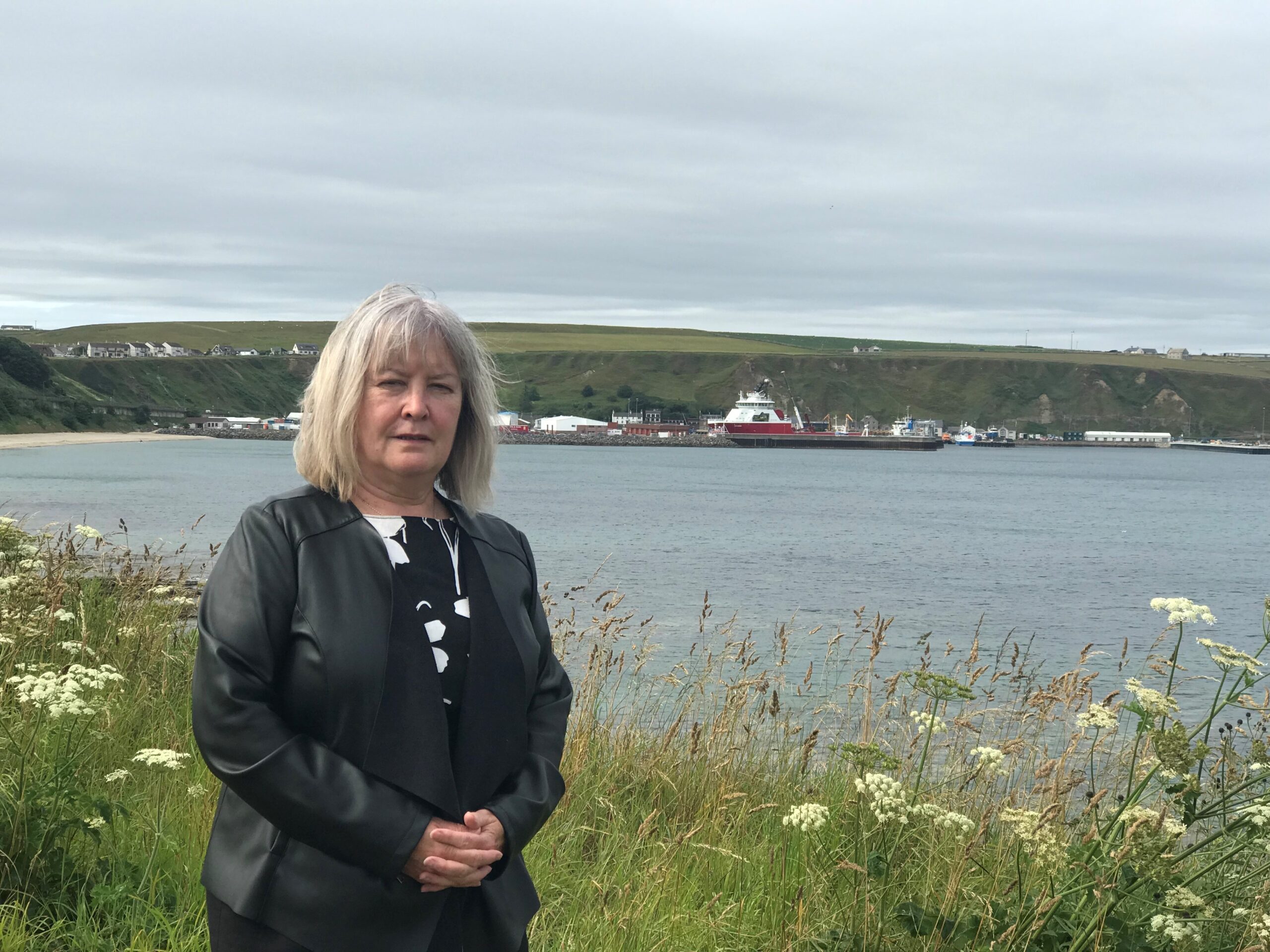The Scottish Government’s Minister for Zero Carbon Buildings has admitted that there is a shortage of registered Green Deal installers in the region to carry out energy efficiency improvements in people’s homes.
Patrick Harvie, who is also the Scottish Greens co-leader, was replying to Highlands and Islands Labour MSP, Rhoda Grant, who took up a complaint from a constituent about the issue.
Home Energy Scotland highlights energy efficiency Improvements with loans and cashback for work on heating and home insulation.
However, Gavin Anderson, from Ullapool, contacted Mrs Grant to say the system wasn’t working.
He said: “We were hoping to apply for this but were shocked to find that for key areas of support there is not one registered installer in the Highlands and having contacted installers outside the Highlands we find that they are not willing to work in the Highlands.
“We live in the coldest area of Scotland and are effectively being excluded from this support scheme because of a huge gap in the supply chain.
“We asked Home Energy Scotland, who supports the grant scheme, and they admitted that it is unlikely that there will be installers registered within the near future.
“This means that households in the Highlands are excluded from £15,000 loan support (with up to £5000 cash back) for insulating our homes while households in all other parts of Scotland can access this support.”
Mr Anderson used the search engine, Green Deal Participant Register – Green Deal ORB (beis.gov.uk) and found there were hardly any installers in the Highlands, including Inverness, in most areas where support could be applied for including cavity wall installation, draught proofing, external wall installation, roof insulation and room in-roof insulation.
Home Energy Scotland told Mrs Grant that finding a certified installer in the Highlands and Islands could be “very difficult”.
Although householders can appeal to the Scottish Government to use a non-Green Deal installer, granting an exemption cannot be guaranteed.
“Householders in the region are more in need of green home energy improvements due to the colder weather and, in some villages and towns, the age of their homes,” said Mrs Grant.
“So, I get exasperated about these Government schemes that encourage people to apply for help, because much of the time the Highlands and Islands is forgotten about.
“It’s just another example of Ministers almost writing off the region and it is so, so frustrating. Waiting until 2022 for more information on how we can skill up our own workforce is just so annoying for those wanting to upgrade.
“Saving the environment is hitting the headlines with COP26 but again there’s more obstacles in the way of those who are trying to be greener.
“The SNP/Green coalition agreement will now only fund heat pumps, no longer funding oil. These pumps need good insulation so a double whammy.”
Mr Harvie said: “I can confirm that we are aware of the shortage of registered Green Deal installers covering the more rural and isolated areas of Scotland. Skills and consumer protection is at the heart of our schemes and we are continuing to work with sector skill bodies, trade bodies and other key stakeholders to enable companies to develop the skill requirements needed for energy efficiency.
“Further information on this work will be released in 2022. In situations where applicants for the Home Energy Scotland Loans are having difficulties locating a registered installer, we continue to monitor this situation.”
He went on to say that non-registered installers could be taken on by householders, in exceptional circumstances through an appeal process, but it would be on a case-by-case basis.
“As long as the non-registered installer is providing value for money, a very important point for the customer, and an adequate warranty/guarantee on the work to be done, the request may be approved,” he added.
Home Energy Scotland, managed by the Energy Saving Trust and funded by the Scottish Government, said that it was “working closely with the Scottish Government to help support the capacity and availability of approved installers in remoter areas of the country.”
It added that Green Deal certification was likely to be replaced in the future as the necessary certification for public funding schemes, however the timing and details of this are yet to be confirmed. In the meantime, its Sustainable Energy Supply Chain programme was engaging with installers in the Highlands and Islands to address the challenges they face, particularly around certification and training. It was working to support the development of a strong local supply chain in the region to deliver both energy efficiency improvements to the fabric of buildings and low and zero emissions heating systems such as heat pumps.

Regional Labour MSP for the Highlands and Islands
